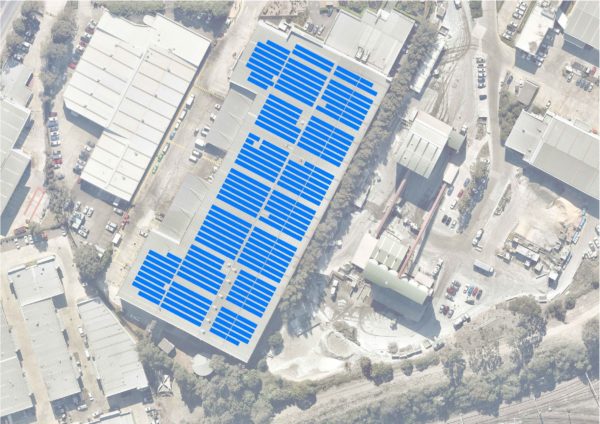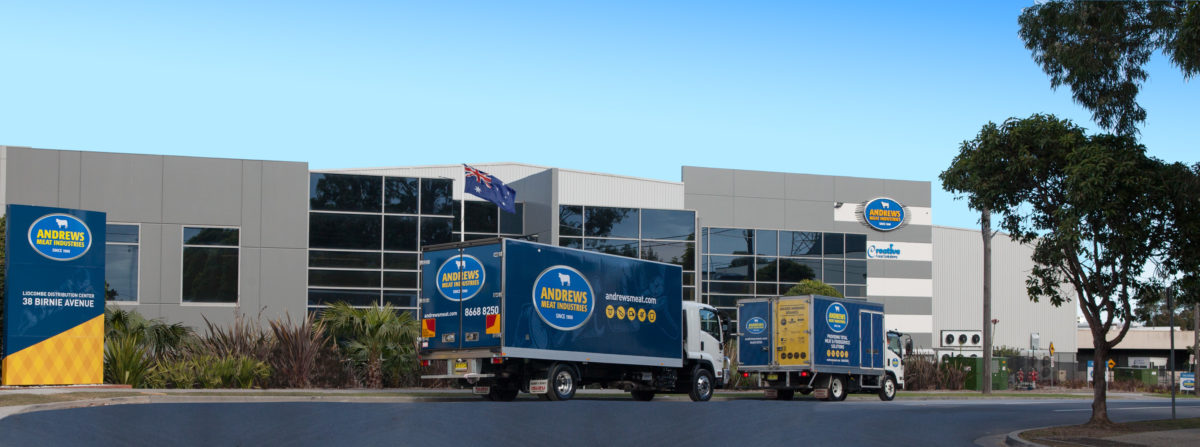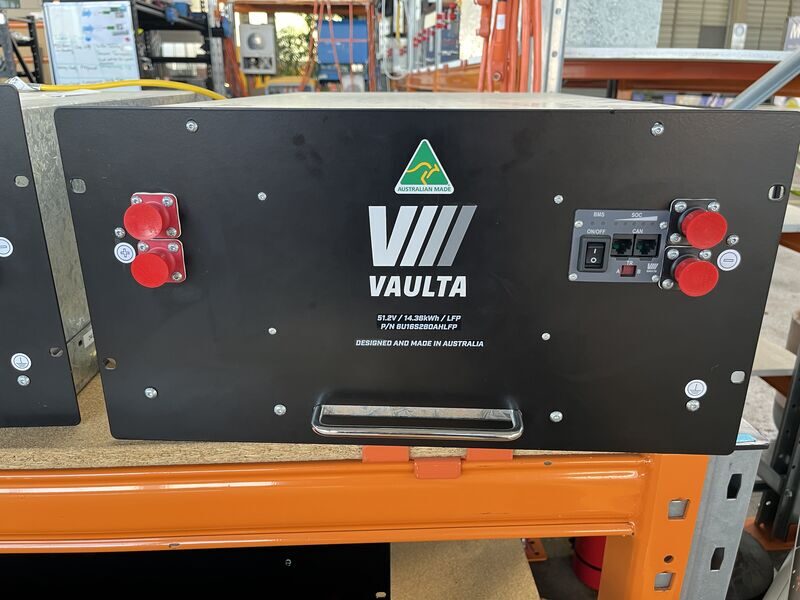From paddock to plate, the meat industry is a heavy carbon emitter. Andrews Meat Industries (AMI) last week announced it will following Primo Foods in reducing its carbon footprint, with the installation of 836 kW of solar PV across almost 6,000 square meters of roof space at its Lidcombe facility.
“As a market leader in the food service industry, we are committed to sustainably meeting the needs of our customers domestically and internationally,” said AMI Director, Harry Andrews in a statement.
AMI is majority owned by JBS Australia, the largest meat and food processing company in Australia, which operates six feedlots across Queensland and New South Wales, and 10 processing facilities in five states, as well as Primo Foods.
Last year in October Primo Foods installed 3.2 MW of rooftop solar at its food processing plant in Wacol, Queensland, which was acclaimed at the time as Australia’s largest single rooftop solar system.
Andrews told pv magazine, “We studied the Wacol example, and that was the model from which we designed ours.”
Todae Solar is the installer of both systems, and expects to have the AMI rooftop PV commissioned and operational by early 2020.
AMI’s Lidcombe installation takes up 90% of the facility’s available roof space, and is forecast to reduce the plant’s grid reliance by more than 20%. It will pay for itself in savings on electricity within about six years.

Image: Andrews Meat Industries
AMI preceded design and installation of its rooftop solar array with energy efficiency measures including installation of LED lighting, and increased refrigeration plant maintenance to achieve lower electricity consumption.
Andrews says these improvements led to 4-5% decrease in electricity use, but that 24/7 refrigeration still represents the largest proportion of the plant’s energy use.
The facility otherwise runs its food-service and value-added food preparation activities six days a week, providing cut meat portions to the catering and hospitality industries, and also producing precooked, ready-to-heat-and-eat meals to retail outlets such as supermarkets.
Andrews told pv magazine, “Many of our corporate clients now have their own sustainability programs. We can maintain responsible attention to this and at the same time develop our own initiatives.”
Supermarkets, corporate caterers, aged-care facilities and schools are among AMI’s customers seeking to broaden their influence on clean energy adoption: “It’s becoming more a factor of business, especially for the corporates and they’re definitely requesting not just us but all of their partners to participate where possible,” says Andrews.
For AMI itself, he adds, generating renewable energy represents “a more responsible use of resources”.
Like many commercial properties, “We have the real estate to accommodate solar,” says Andrews. “Traditionally,” he says, “the industry is a heavy energy user, so we can take advantage of our property and its roof to reduce both our reliance on the grid and our carbon footprint.”
This content is protected by copyright and may not be reused. If you want to cooperate with us and would like to reuse some of our content, please contact: editors@pv-magazine.com.









By submitting this form you agree to pv magazine using your data for the purposes of publishing your comment.
Your personal data will only be disclosed or otherwise transmitted to third parties for the purposes of spam filtering or if this is necessary for technical maintenance of the website. Any other transfer to third parties will not take place unless this is justified on the basis of applicable data protection regulations or if pv magazine is legally obliged to do so.
You may revoke this consent at any time with effect for the future, in which case your personal data will be deleted immediately. Otherwise, your data will be deleted if pv magazine has processed your request or the purpose of data storage is fulfilled.
Further information on data privacy can be found in our Data Protection Policy.